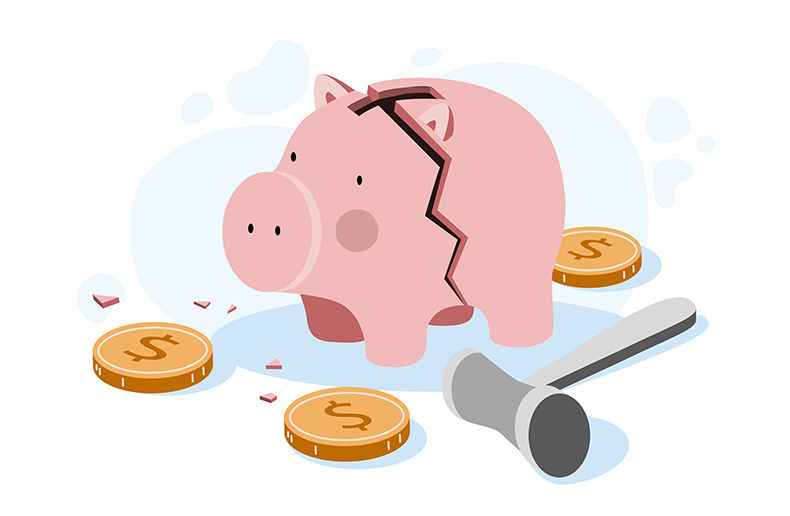The life and annuity markets in the United States could be particularly hard hit by the COVID-19 pandemic, harder than the market overall and harder than most other insurance sectors, says a senior leader of the U.S. life practice at Willis Towers Watson.
Dominique Lebel said in a webinar on April 15 that the current times are challenging for most companies what with a drop in interest rates, an increase in spreads, volatile equity markets and the potential impact of COVID-19 on sales and mortality rates. He said the main impact on annuity blocks will be economic through default on existing assets. Still, Lebel said there are reasons for optimism.
This is a learning opportunity
“The industry did survive the 2008-2009 financial crisis, we learned a great deal from that period, including improvements in stress testing and economic capital capabilities,” said Lebel. “We entered 2020 as an industry, very well capitalized with a fair amount of liquidity. Looking forward, I think we will look back at this period as an area where we can learn. One of the ways we can learn from this is to improve our business continuity.”
In the meantime though, there have been some “pretty dramatic” changes, including in the annuity sector, said Ken Lombardo, the company’s U.S. annuity leader.
Insurers should focus more on long-term impacts
He cautioned that the industry should expect to see some “shock lapses” in terms of customers accessing their money depending on the length of the downturn and how long they are unemployed.
Lombardo said he expects insurers to step back and look at their businesses more holistically now, focusing less on short-term accounting needs and more on long-term economic impacts.
“We would generally advise companies to have a range of possibilities and look at those different possibilities over a range of scenarios to get an idea of where you could go wrong and where you want to spend your hedge dollars,” Lombardo said. “You can’t hedge everything, so making holistic choices about where to over-hedge and under-hedge a bit given where you can afford to lose a little and where you can’t is usually the best course.”
Kim Steiner, a senior director with the company, said the number of people applying for life insurance may drop in the near future because of the economy. At the same time though, Steiner said there could be more people applying because they realize the value of life insurance.
Steiner also said there could be those who run out and buy insurance while the virus is spreading only to let their policies lapse when they believe the risk of dying from the virus has passed.







